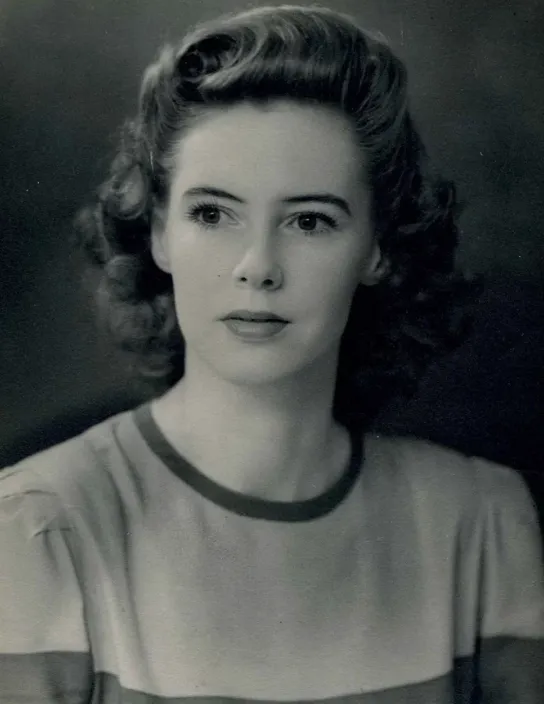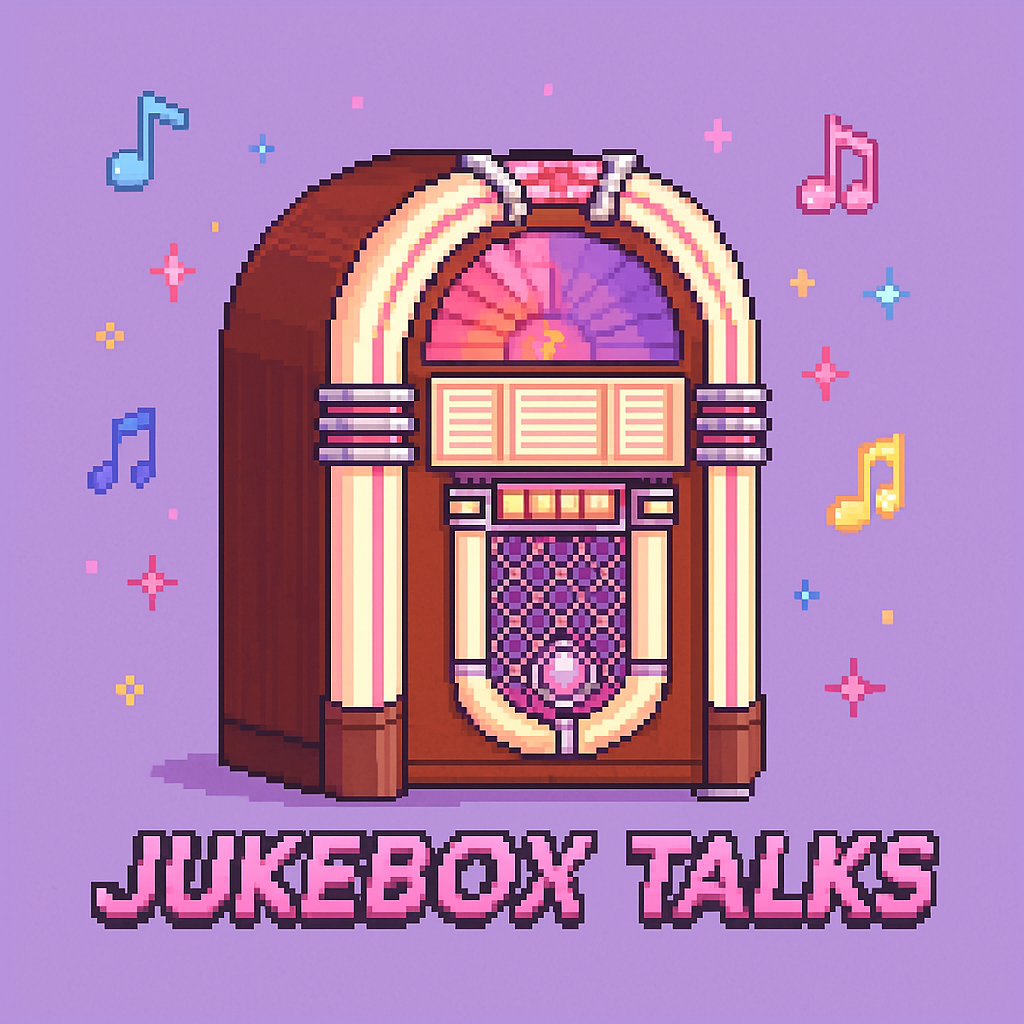I Remember Molly Drake
By Alaina Tennison
She was more than “Nick Drake’s mother.” Molly Drake was a musician, poet, and storytelling virtuoso.
Nearly 20 years after her death and 40 years after the death of her son, Molly’s private songs and poems were released publicly for the first time in 2013, compiled in an album titled “Molly Drake.” None of her songs were published during her lifetime.

Molly had a unique past. Forced to flee from Burma with her sister after the Japanese invasion during World War II, they traveled on foot to Delhi, India. Eventually returning to Burma after the war, her legendary son, Nick Drake, was born shortly before the family moved to England.
Despite her dark past, Molly was able to find the beauty in life; this is more than evident in her music and poetry. She frequently references nature in a way that reveals a tender relationship with her surroundings. She demonstrates a rare outlook on life and an extraordinary ability to express her feelings, memories, and thoughts.
Perhaps it is Molly’s innate ability to express emotions and memories in such a poetic way that makes her music so bewitching. These songs were recorded by her husband on a home recorder, and there is a certain intimacy in the sound of her music that truly makes you feel like you are in the room with her. Molly’s soft singing and piano playing feel like a comforting yet somber bedtime story. There is a simplicity to the music that conflicts with (and complements) her more complex poetry.
The first song I encountered by Molly Drake was “I Remember,” and it continues to be my favorite. This song evokes feelings of melancholy and joy, as well as the kind and unkind remnants of memories. She beautifully describes an unrequited love and unreciprocated enthusiasm within these memories.
“I remember firelight and you remember smoke.”
“I remember willow trees and you remember gnats.”
“I remember oranges and you remember dust.”
“I had thought that we were we, but we were you and me.”
Hearing Molly’s music feels like reading her personal diary. She crafts feelings into words in a way that most people could never achieve. She gives perspective and understanding to complicated emotions. Her music reopens your deepest wounds while simultaneously soothing them with feelings of warmth and appreciation.
Molly died at the age of 77, nearly 20 years after her son Nick, and five years after her husband. Buried next to both of them, lyrics from Nick’s song “From the Morning” mark her gravestone.
“And now we rise, and we are everywhere.”
Molly is one of those rarities that created art for the sole sake of expression, and what an honor it is to have an inside look into her mind, heart, and spirit. Her soft soul, resilience and strength, and one-of-a-kind storytelling are treasures to be cherished. Let Molly’s music remind us of the simple joys, the difficult emotions, and the art of remembrance. Whether or not it would have mattered to her, I will always remember Molly Drake.
Read on SubstackSongs for the Voiceless
Nature’s voice through music; an Earth Day reflection.
By Alaina Tennison
Our leafy predecessors give us life. Beyond air, water, and food, they give us joy and beauty; a silent extension of their roots that touch our hearts with an ancient sense of appreciation and gratitude. Yet we steal their limbs for ourselves, driven by inflated human egos that demand and take until there is nothing left. The trees, the mountains, the waters, and the animals would all thrive without us. And still, they share their world and ask nothing in return. Greed has consumed those who can speak, shouting that we are the most important creatures on Earth while simultaneously dooming the lives of all.
Before human voices, the world was not silent. Flying musicians chirped birdsongs in the early morning. Species now extinct breathed life onto their crying newborns. Clean water splashed across rocks. Unpolluted air swept through trees in bursts of wind. The world was an orchestra of natural wonders. They are the reason we exist, and our ability to speak words that can transform into action; words that should be used to protect our roots and be a voice for the hearts and lives of those who cannot speak for themselves.
Music is perhaps the most historic language of all. Used as a tool to share, express, and communicate, it touches hearts just as nature does. These musicians created songs for the voiceless and innocent among us, and I hope their work touches your heart and inspires you to become an earthly protector for those who need it most.
1. Brian Eno’s ForeverAndEverNoMore
This album was created with the planet’s future in mind. It explores anxieties and fears around climate change and the fate of both humankind and the environment. My personal favorite track, “Sherry,” offers a dystopian glimpse into an inevitable future where we must leave our home planet. A vision that may seem far-fetched now, but one that inches closer to reality with each passing generation.
"Last light from an old sun
Soon the moon will rise again
Hard to steer these new stars
No clear lines to guide us."
2. For The Birds: The Birdsong Project
Inspired by the oldest music of all (birdsong), this project features contributions from over 220 artists across genres and artistic mediums. It is a heartfelt tribute to the innocent souls that accompany us on this beautiful planet we call home. Volume I opens with a powerful and emotional track by Nick Cave and Warren Ellis, “Wood Dove.” With piano and muted arpeggios reminiscent of nostalgic birdsong outside a foggy morning window, it speaks to the joyful memories and peaceful moments nature provides.
3. Mercy Mercy Me (The Ecology)” by Marvin Gaye
This song expresses deep concern about environmental destruction and climate change. Perhaps the most direct lyrics of all the songs on this list, it serves as a stark reminder of the pressing issues we often hear about, but do little to change.
"Where did all the blue skies go?
Poison is the wind that blows from the North and South and East
Oil wasted on the ocean and upon our seas
Fish full of mercury
Radiation underground and in the sky
Animals and birds who live nearby are dying
What about this overcrowded land?
How much more abuse from man can she stand?"
4. “The Seed” by AURORA
Inspired by the Native American proverb, “When the last tree is cut down, the last fish eaten, and the last stream poisoned, you will realize that you cannot eat money,” this song is a fierce call to environmental awareness and protection. It delivers a powerful message filled with anger toward human greed.
5. “After the Gold Rush” by Neil Young
This track was inspired by a dream envisioning a future where space travel becomes a last resort amidst environmental collapse. Young was also influenced by Dennis Stockwell, who was writing a screenplay at the time. After obtaining a copy, Young was able to overcome writer’s block while living in Topanga, California.
"Well, I dreamed I saw the silver spaceships lying in the yellow haze of the sunp
There were children crying and colors flying all around the chosen ones
All in a dream, all in a dream, the loading had begun
Flyin’ Mother Nature’s silver seed to a new home in the sun."
As disheartening as today’s environmental crises may seem, there is still hope, as long as we use our voices to speak with empathy rather than greed. Every small action, every shared word, and every piece of art that raises awareness can ripple outward in ways we may never fully see. We are not powerless. By choosing to care, to speak up, and to protect, we become part of something larger than ourselves: a movement rooted in compassion, responsibility, and reverence for the world that gives us life.
For more on environmental education and wildlife protection, please visit:
NOAA Climate Change ImpactsThe Confession of a Gatekeeper
Habitual posting and the beauty of (un)sharing.
By Alaina Tennison
The last time I found a song I liked, my first instinct was to post it on my Instagram story with a pretty photo of a sunset or an unapologetic selfie to accompany it. If you were to ask me why I did that, the truth is — I have no idea. Somewhere along my long social media journey, which (disturbingly) began at the young age of twelve, I had started to habitually consider social media as part of my experiences.
To post something felt like a way to reaffirm my own preferences, as if to show others something important about who I am. But after posting, I would often wonder why I did it. I wasn’t sure exactly what to feel — satisfied for sharing a song I enjoyed with people (many of whom I barely know), who will almost certainly never listen to it? Beyond the simple desire to share something great, maybe it was my ego speaking through a veil of false authenticity; a desire to influence how others perceive me based on what I shared. I started to wonder: was I even being honest about what I liked?
Being an open book has never come naturally to me, though I wish it did. I often find myself being secretive about the smallest things: a show I watch, a book I read, or even a game I play. When I find something I truly love, I want to protect it from outside criticism — or hide it, as if it reveals too much of who I really am. Even something so small, when revealed to others, often makes me feel too seen.
The truth is, even when I shared songs or reposts on social media, I carefully chose ones that weren’t too special to me, almost as if I were guarding the parts of myself that felt most personal. It sounds silly, but this subtle “gatekeeping” was like keeping a locked box full of trinkets and memories. Even when I made playlists for someone I was in a relationship with, I avoided including songs that were too personal. Some trinkets were off-limits — as if to say, “This one’s mine.”
I know what you’re thinking… It’s not that serious! And you’re right, it’s not. Sharing should be encouraged, and I strive every day to be more open and authentic (I mean, I am writing this article, after all). But I want to make a point: not everything precious has to be shared. Maybe it’s a special song or a photo you took. Maybe it’s an accomplishment or even just a meal you enjoyed. All of these things still exist — still matter — whether or not you post them on social media.
I’m not urging you to stop posting. I’m just urging you to pause; to experience something fully for yourself before handing it over to others.
Your eyes are yours to see with, your ears are yours to hear with, and your feelings are yours to feel. Remember: your experiences don’t become real only when they’re witnessed or validated by others. Listen to that song. Share it if you truly want to. But also know — you don’t have to. Being open doesn’t mean spilling every last drop of your heart into the laps of others. If something feels too personal to share, it’s okay to keep that special trinket just for you.
"You are worthy to receive something beautiful, and you don’t have to share it."
- Rebekah Lyons
Read on Substack